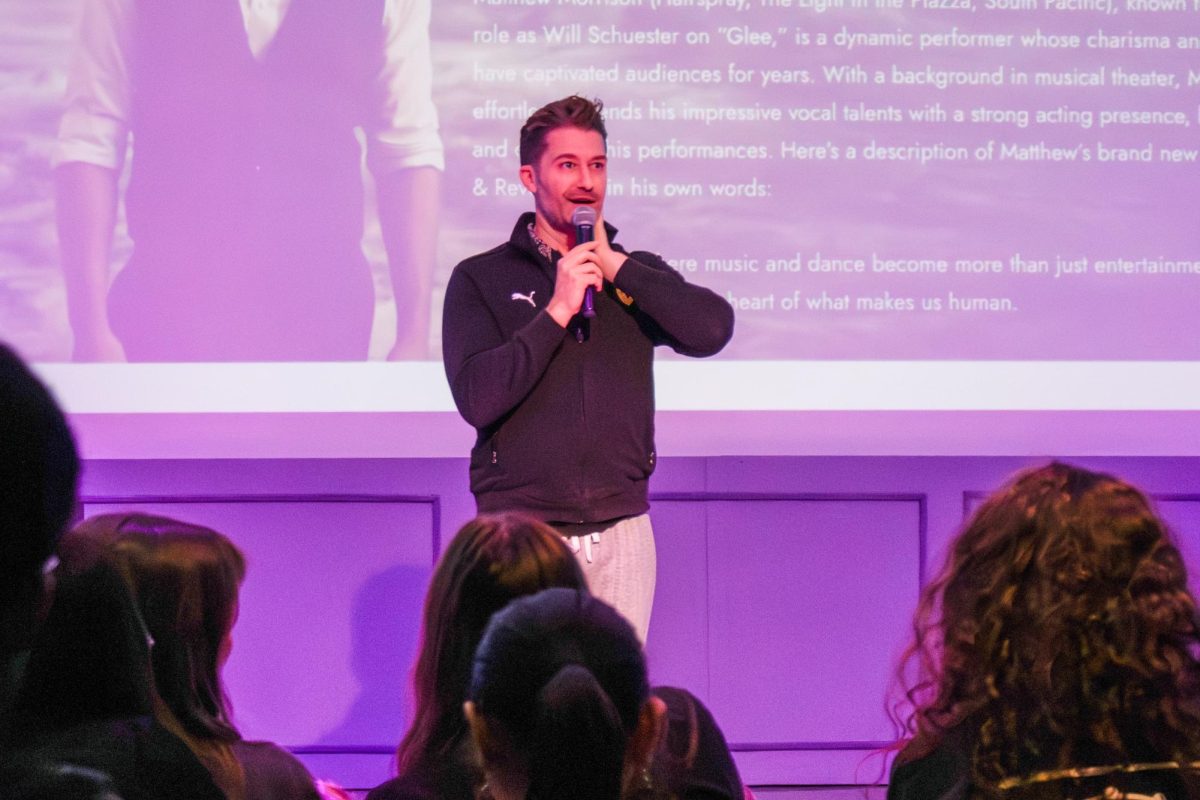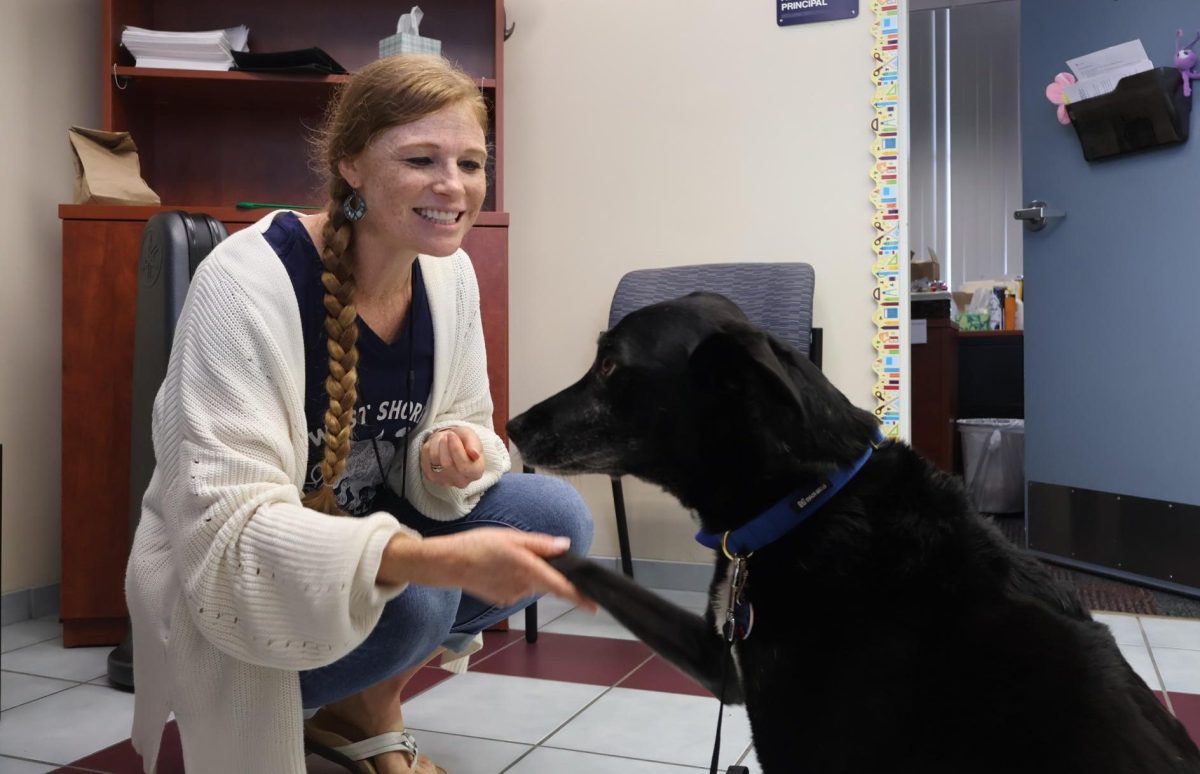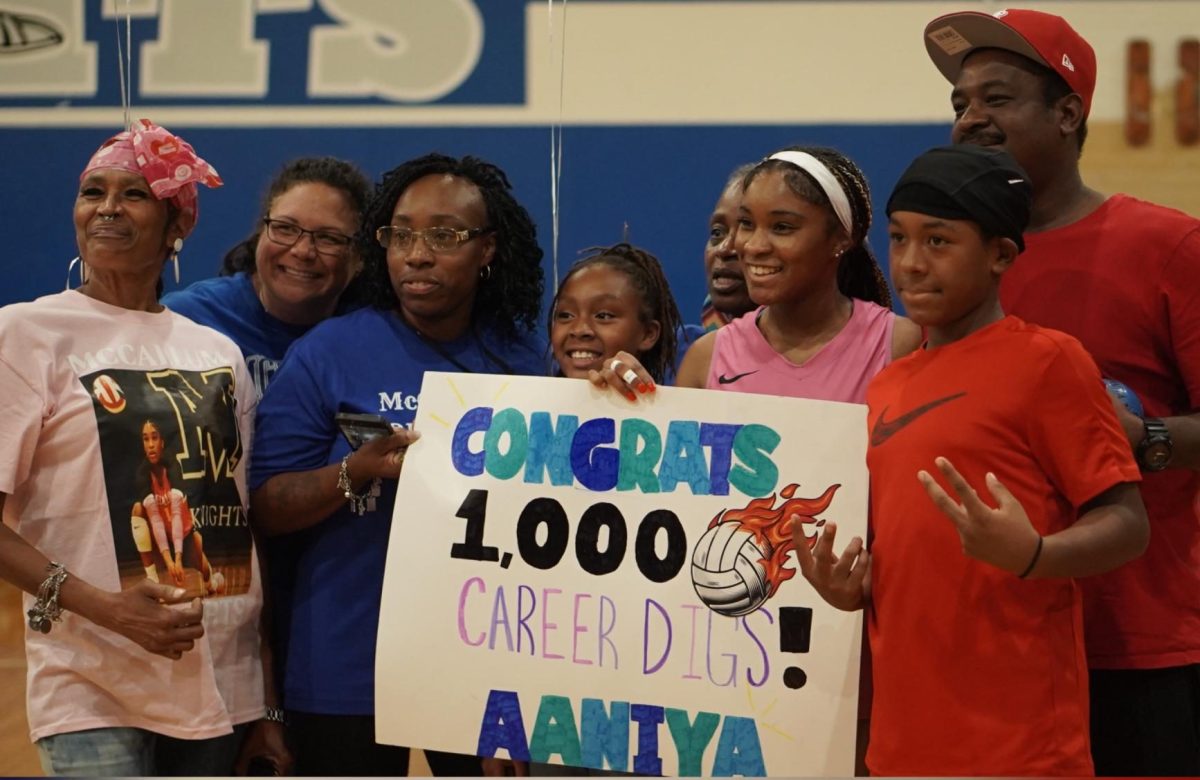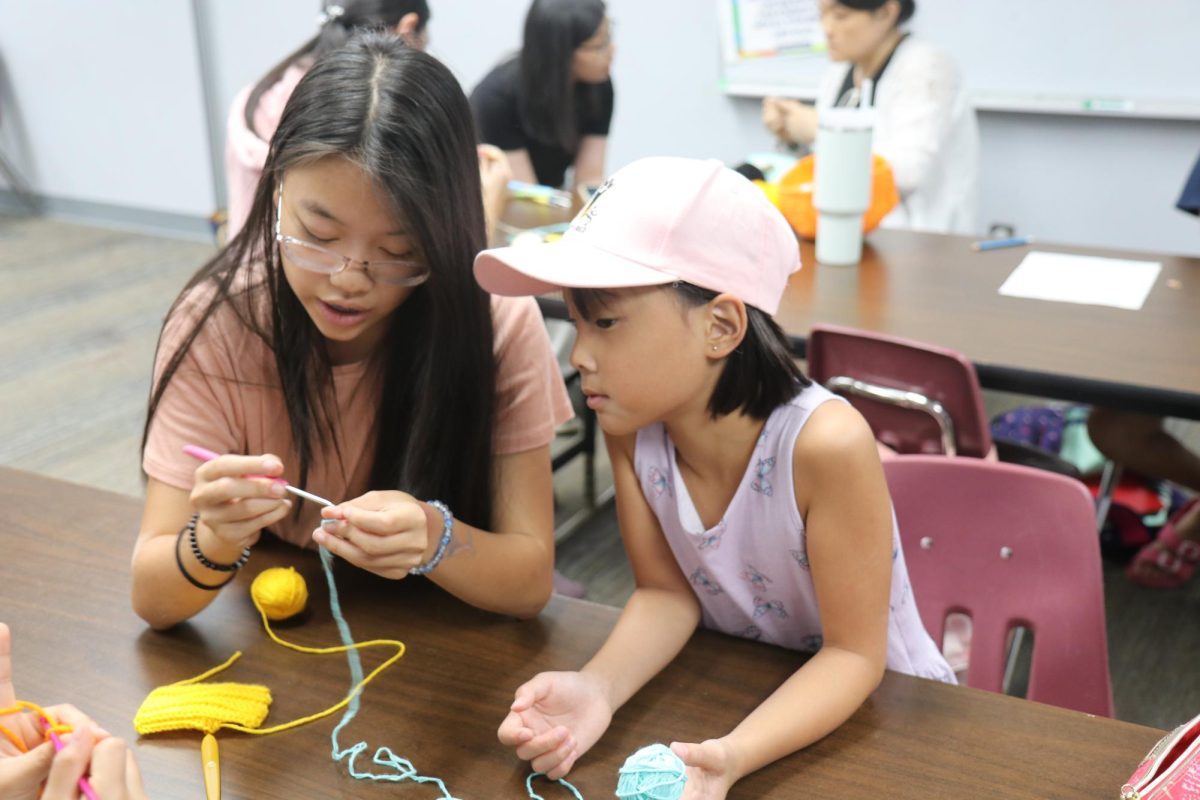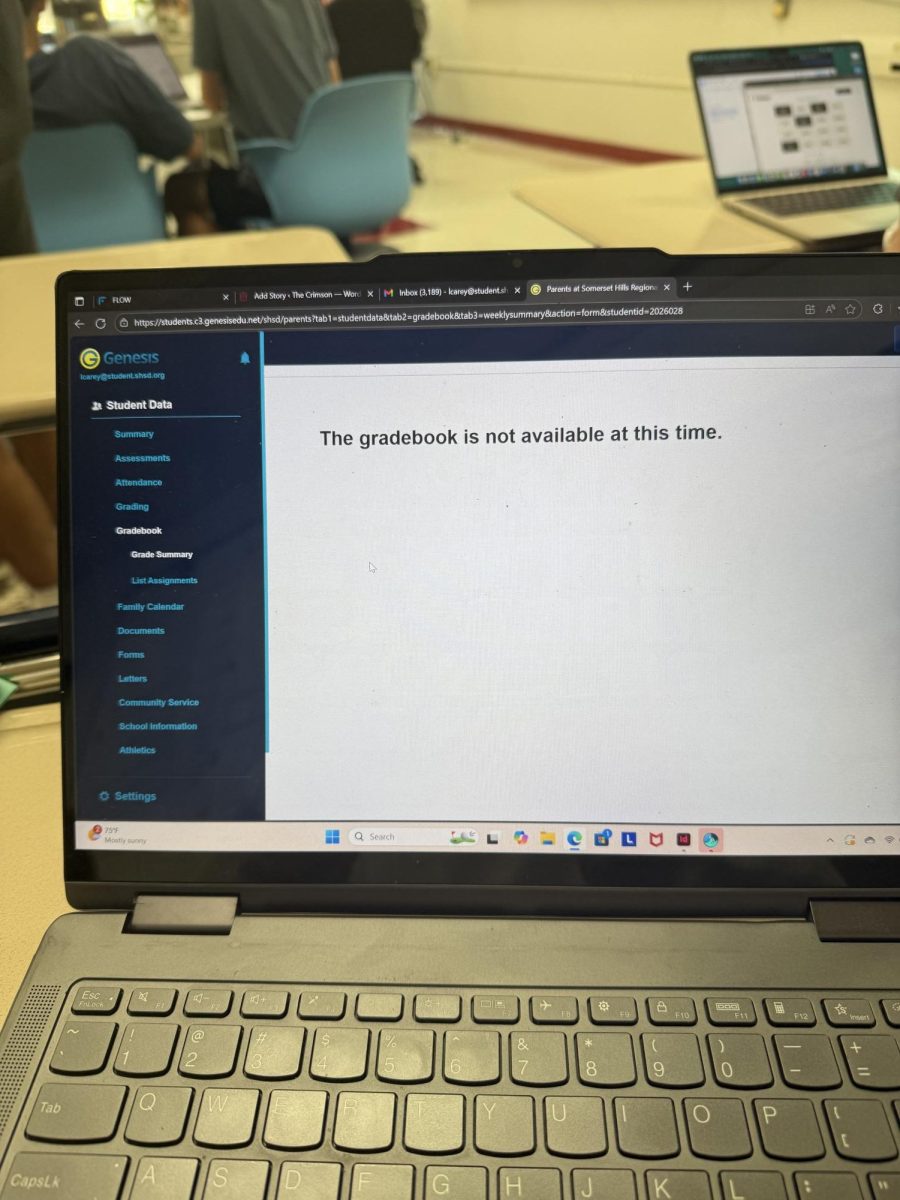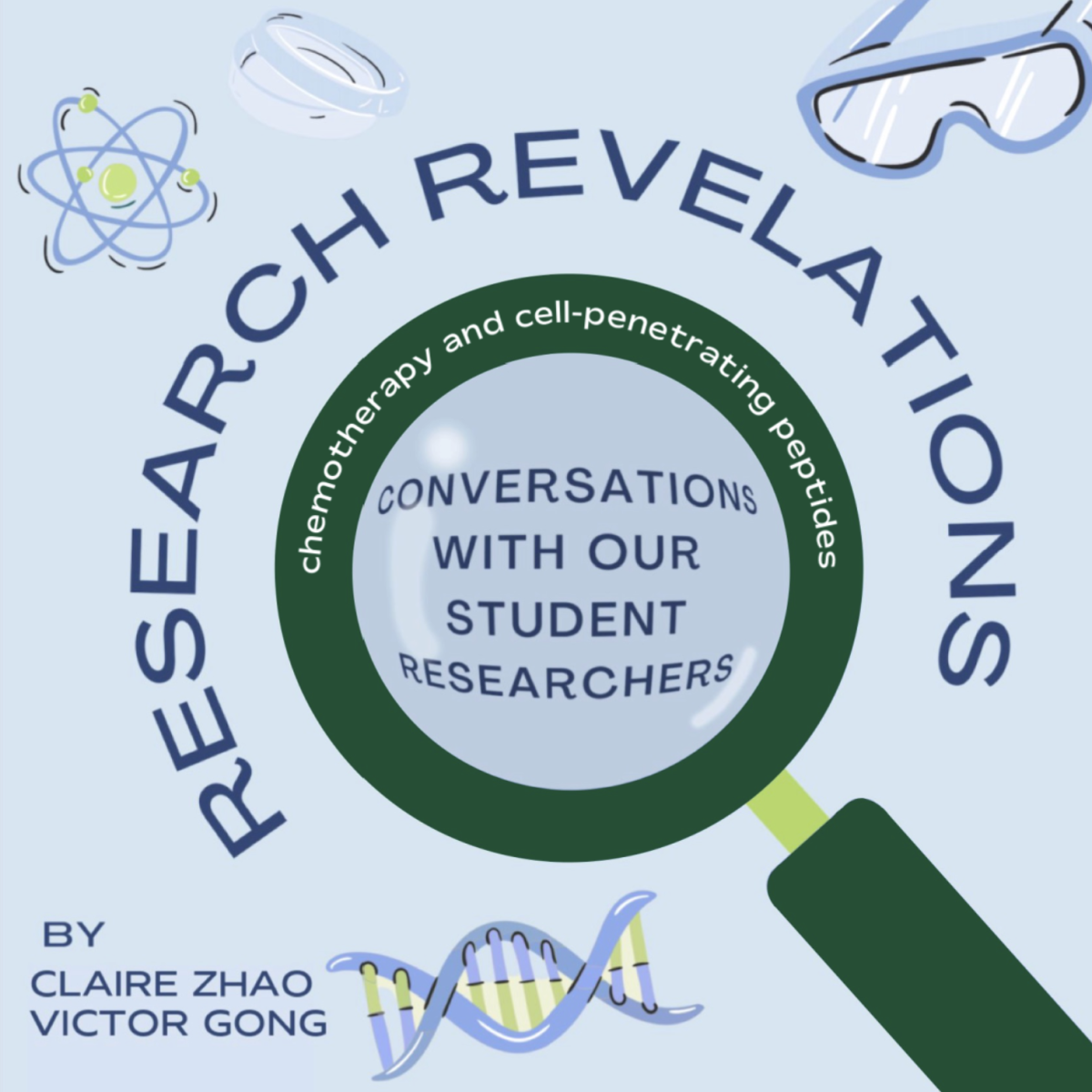This is the fourth installment of Research Revelations: Conversations with Our Student Researchers, a podcast where Aquila staff members talk to student researchers about their projects and research goals. In this episode, Aquila co-STEM editors Victor Gong and Claire Zhao meet with Young Min (11) to discuss her work in cell-penetrating peptides.
Victor: Hi everyone, I’m Victor.
Claire: I’m Claire.
Victor: And welcome back to Research Revelations: Conversations With Our Student Researchers.
Claire: Today, we’re with junior Young Min to talk about her work with cell-penetrating peptides to inhibit pancreatic cancer’s resistance to chemotherapy.
Victor: Thank you so much Young for joining us. Our first question is, what is your research all about, and how did you get started?
Young: So my research is basically using a cell penetrating peptide to deliver siRNA, which will then inhibit this gene in pancreatic cancer cells which limit the effectiveness of chemotherapy drugs. I got into this because, actually, my grandfather passed away from pancreatic cancer, which sparked my interest in the major issues with pancreatic cancer, because it is also known to be one of the deadliest forms of cancer. And I believe the five-year survival rate is about 7.2%, which is really low. I also came across a Stanford professor’s article — I think his last name is Chen — and he basically did research on this gene. It said that it caused a resistance to chemotherapy, so that’s where my interest stemmed from.
Victor: Could you describe the process or steps you took of your research?
Young: Yeah. So I think the longest portion of it was actually not the experiment section, because that took me maybe two weeks, so it was a really fast process. But the main one was to choose which cell-penetrating peptide I wanted to use for the project, and that took about 4 to 5 months, I believe. I just read paper after paper, seeing which peptide would have been good and fit for the pancreatic cancer cell. That was really the extensive part of my research.
Victor: Did you grow the pancreatic cancer cells, like in a petri dish?
Young: I did this at a university, so they already had all of the resources there, yeah. I didn’t need to grow the cancer cells myself.
Claire: Could you describe a bit more about what a cell penetrating peptide is?
Young: So it’s a peptide, which means it consists of amino acids that are linked together. Honestly, the name is pretty self-explaining: it can penetrate into cells. The cool thing about it is that it can deliver cargo, so that means that it can deliver therapeutic molecules. And now with bioengineering, you can really pick and choose which peptide sequence you want and that can really differ based on what you’re trying to deliver and stuff like that.
Claire: Did you encounter any big obstacles during your research?
Young: I think honestly, it was choosing which peptide. You actually need to read so much, because there’s a ginormous catalog that you can choose from and then the company makes it for you. You choose the sequence, but you obviously can’t make it yourself. You have to ask a biotech company to make it for you. I think that was the hardest part because there’s just so many options and at the beginning, I was like, where do I even start? What do I even choose? What am I even looking for? But then there was actually previous research on the two peptides that I chose to kind of like fuse together. So that part was based on previous research.
Victor: Could you describe some exciting moments during your research?
Young: Yeah, definitely. I think the most exciting part was my very last experiment, and that was gonna decide if my project was successful or not. Essentially what I did in that one is, I had the cell-penetrating peptide and it made a nanoparticle complex with the siRNA because of the charges and complicated stuff, but the charges interacted with each other to make a complex, and essentially it will deliver that siRNA. Then, that siRNA can inhibit the gene that is present in the cell that’s causing the limitations for chemotherapy. And my last experiment was actually adding doxorubicin, which is a drug that is widely used in chemotherapy.
I tested three different samples. One was without any of my peptide or the siRNA, one was with the peptide but with siRNA scramble, which basically means siRNA that doesn’t do anything. And the other sample was the one with my peptide and siRNA which was targeting this gene. It was basically going to decide and see if, once the doxorubicin is added, how efficient is it in killing the cells? How many cells are still alive after you add all of this in? It was really exciting because if this didn’t work out, then that would mean all of my research building up to this point was meaningless. It turned out to be really successful because the sample that had my salt penetrating peptide and the siRNA that was targeting the gene had the least amount of light cells.
Victor: What did you enjoy most about doing research into peptides?
Young: So peptides, they’re a relatively new kind of technology — synthetic peptides, especially, so it was pretty cool working with that. But I think another portion of the research that I was a bit more excited about or I enjoyed more is that my research didn’t create something revolutionary. It isn’t something so big, like a cure for cancer. But what’s so special in my research is that it’s building on top institutions like chemotherapy and inventions that we already have in the world right now. I’m not introducing a whole new way, and it’s building off of something that we already have. Sometimes research can undermine what we already have in the world right now, and rather than making the best of what we have, we’re always thinking of something new. I think my research did a pretty decent job in addressing what we have and how we can improve it, without having to go to extensive costs to revamp our entire cancer treatment system. That’s what’s pretty special.
Claire: What do you think is the most important thing that you’ve learned from doing your research?
Young: You have to read really carefully. Don’t just skim over stuff: you need to read. And honestly, I think the reading part was harder than the experiment stuff because I obviously got some help from my professor and whatnot. So that’s fine. But this idea, you need to create it by yourself because it ultimately has to come out of you, right? So the reading was definitely the most important part.
Victor: Is there anything you’re looking forward to doing in this field in the future?
Young: I focus on pancreatic cancer specifically, but I hope that this can be experienced in different types of cancer. There’s a lot more complications with that because you need to change the peptide based on the characteristics of that other cancer cell.
Claire: Thank you so much for joining us on this podcast.
Young: Yeah, thanks for having me here.
Victor: Thank you for listening to today’s episode of Research Revelations: Conversations with Our Student Researchers. We hope you enjoyed hearing about Young Min’s work in cell-penetrating peptides.
Claire: If you are a student researcher and would like to be featured next, please feel free to email us at [email protected].
Victor: This is Victor.
Claire: This is Claire.
Victor: And we’ll see you next time.
This story was originally published on Harker Aquila on December 12, 2023.


